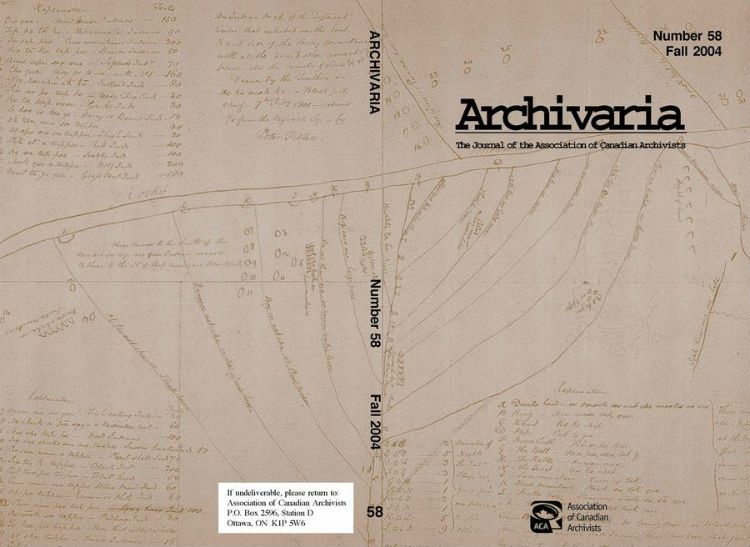Fact-Finding by Human Rights Non-Governmental Organizations: Challenges, Strategies, and the Shaping of Archival Evidence
Abstract
Over the past twenty to twenty-five years international human rights has become a major force in world affairs. This development has stemmed primarily from the work of international human rights non-governmental organizations (NGOs), which since the Second World War have acted as the primary agents for advancing and defending new international norms of conduct. NGOs have built their prestige and influence on their ability to investigate, document, and publicize violations of human rights and humanitarian law. Given the significance of human rights factfinding in international affairs, the manner in which NGOs credibly produce and shape documentary evidence and the constraints and challenges they face in doing so are important issues. NGOs may confront many obstacles that necessitate the formulation of specific factfinding strategies, which directly affect what types of credible evidence or records are produced to substantiate alleged rights abuses. How these organizations document, corroborate, and report the facts to the international community says much about why human rights NGOs are one of the most important chroniclers of our times and why the imperative exists to preserve their records.
RÉSUMÉ
Les droits de la personne sont devenus un facteur prépondérant dans les activités mondiales durant les vingt ou vingt-cinq dernières années. Ce développement découle surtout du travail d'organisations non-gouvernementales (ONG) qui, depuis la Seconde Guerre mondiale, ont été au premier plan dans l'avancement et la défense de nouvelles normes de conduite internationales en terme de droits de la personne. Les ONG ont construit leur prestige et leur influence sur leur habileté à enquêter, documenter et publiciser les violations des droits de la personne et du droit humanitaire. À cause de la portée des enquêtes sur les droits de la personne dans les affaires internationales, la façon dont les ONG produisent et mettent en forme des preuves documentaires crédibles, ainsi que les contraintes et défis auxquels elles font face en le faisant sont des sujets importants à traiter. Les ONG peuvent faire face à plusieurs obstacles nécessitant la formulation de stratégies spécifiques de recherche, qui affectent directement le type de preuves ou de documents qui seront produits pour prouver les violations aux droits humains. La façon dont les organisations documentent, corroborent et rapportent les faits à la communauté internationale en dit beaucoup sur la raison qui fait que les ONG spécialisées en droits de la personne font partie des plus importants chroniqueurs de notre temps; il est aussi impératif de conserver leurs documents d'archives.
Authors of manuscripts accepted for publication retain copyright in their work. They are required to sign the Agreement on Authors' Rights and Responsibilities that permits Archivaria to publish and disseminate the work in print and electronically. In the same agreement, authors are required to confirm that "the material submitted for publication in Archivaria, both in its paper and electronic versions, including reproductions of other works (e.g. photographs, maps, etc.) does not infringe upon any existing copyright." Authors of manuscripts accepted for publication retain copyright in their work and are able to publish their articles in institutional repositories or elsewhere as long as the piece is posted after its original appearance on archivaria.ca. Any reproduction within one year following the date of this agreement requires the permission of the General Editor.





